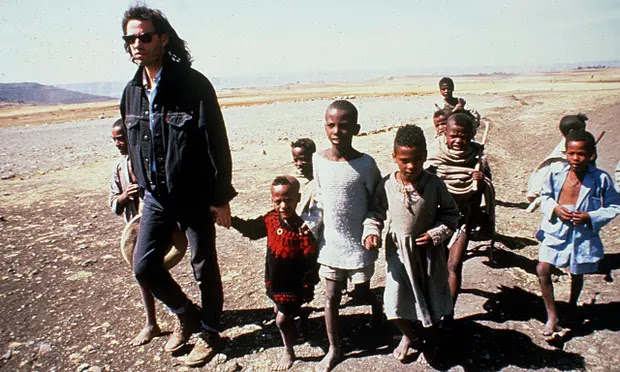Reflections
Over the course of these blogs it is apparent that issues surrounding water and food are anything but simple but rather a complex nexus between resource and man. Main takeaways 1) Water is inherently political and is used to gain power or maintain control. As water is the most valuable resource 2) Look beyond the resource. The exploration of groundwater highlighted how large amount of aquifers does not necessarily mean an abundance of water or result in easy extraction process. There has to be a human face to the physicality of groundwater. issues such as infrastructure and research must be considered into the discussions around groundwater 3) Governance and politics are having great impact on water management but is being mistaken for a water availability or lack of rainfall issue. Thanks for reading!


